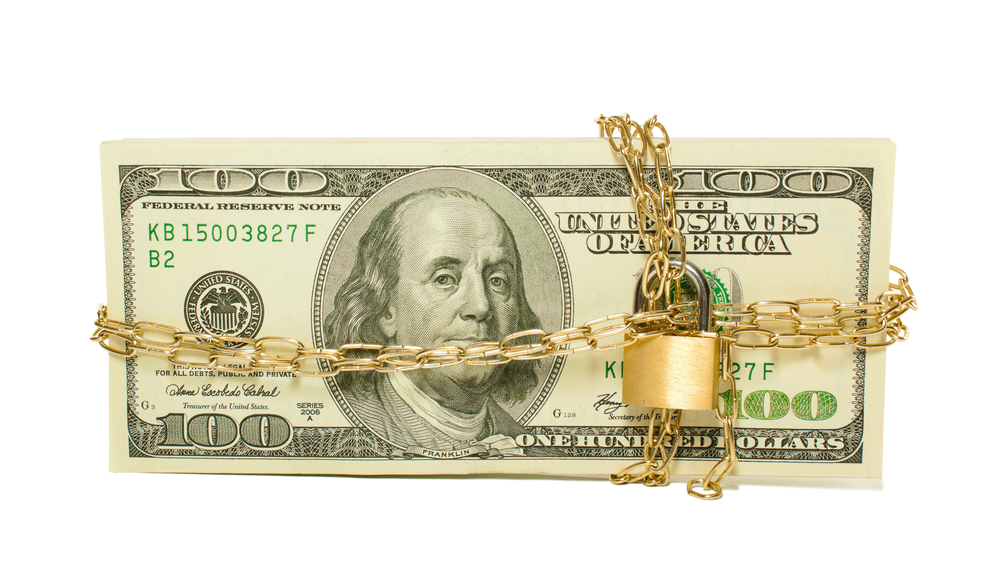Can you be forced to make a payment? Well, if you are behind in your payments, creditors are given a powerful collection option by bank levies. Does that equate to you being powerless, however? It is possible, in some situations, to prevent a levy. This particularly applies if federal benefits are the source of the only money in your account. Let’s take a look at bank levies and how they work.
A Closer Look at Bank Levies
In order to take funds from your bank account, creditors must gain the right to a legal action known as a bank levy. The funds in your account are thereby frozen. To satisfy your debts, the bank must then supply that money to creditors. But a creditor can’t simply demand your bank account funds. They must first provide your bank with a request proving that they have a legal judgment against you.
Be Warned…
Upon receipt of a request such as this from your creditor, your account will immediately be frozen by your bank and the situation reviewed. If a levy is in progress, you may or may not receive notification from your bank. You may not be alerted by the creditors either! Creditors typically use this strategy – a levy – after all other attempts to get money from you have failed. In that case, you probably already know that anyone trying to get money from you is going to seek legal action. It just makes sense.
Is There a Way to Dispute a Levy?
If you want to dispute a levy, you should have ample opportunity. In this manner, you may be able to reduce the amount of money that you owe or even prevent it altogether.
How Can a Levy Be Stopped?
Until your debt is completely satisfied, bank levies can continue. They can also be used more than once. Numerous times, creditors can come back, if, upon the first try, you don’t have sufficient funds available.
To find out what your viable options are, it’s best to speak with a legal representative. Some approaches through which you can limit or prevent levies are as follows:
- Negotiation – the process can be stopped by coming to an agreement with your creditors.
- Bankruptcy – at least temporarily, the process may be stopped by filing bankruptcy.
- No Notification – if you were not notified of legal actions by your creditor, legally served, or properly served, you may be able to dissuade future legal action.
- Old Debt – a creditor might not be able to take money out of your account if the statute of limitations has passed.
- Identity Theft – you can possibly show that you never received the funds if you have been a victim of identity theft.
- Credit Error – everybody makes mistakes, including creditors. If the amount is incorrect, or if you’re ready paid the debt, you can stop the process from moving forward.
We understand that good people get into bad situations all the time. And money, these days, is exceedingly tight. Tax Defense Partners should be the first call you make if you are in a seemingly unbeatable situation with your creditors, levies, and frozen assets. Contact us today to see how we can help.

